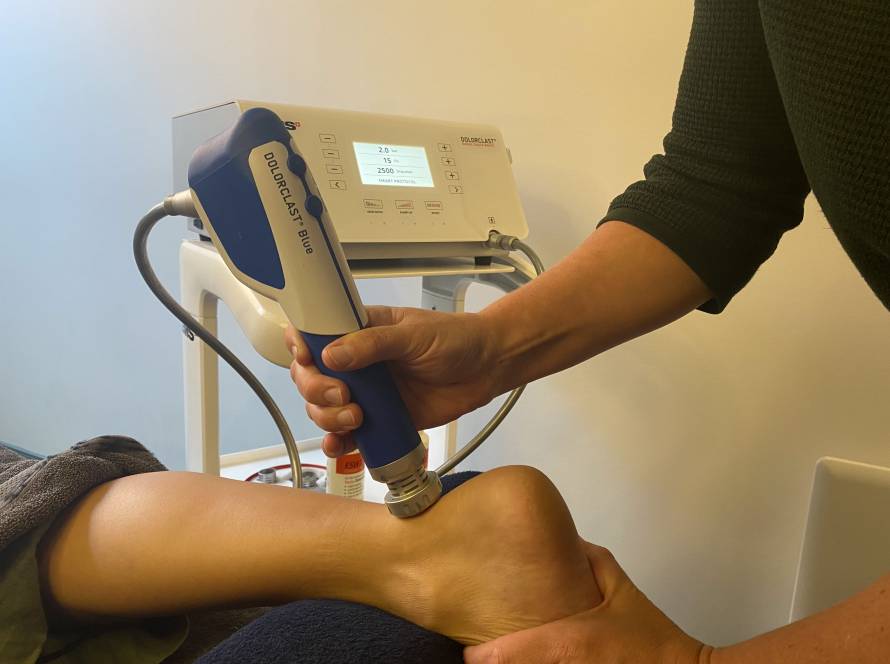Tight muscles can be a source of pain and frustration. This can occur when starting a gym program or performing activities at work.
As an Osteopath a question that I get asked frequently – is why do muscles tighten up?
An understanding of why can help prevent and manage tightness in the future.
There are many different reasons muscles become tight here are a few.
When you start a new gym program or increasing weights your muscles fatigue and tighten. This is usually a day or two afterwards and is part of the process of building muscle and gaining fitness. The pain and tightness you feel in your muscles after exercise are from small tears. These tears will repair and help the muscle grow stronger. To prevent this tightness and pain you can increase your exercise program gradually.
Long periods of inactivity muscles can also cause muscles to tighten up. An example of this is if you are sitting at a desk for a long period of time your legs are in a bent or flexed position. This causes the muscles that bend the hip to shorten and become tight. As muscles always prefer to function at a particular length. When muscles become shortened or lengthened they become weak, painful and tight.
To prevent these imbalances it is important to move regularly.
An Osteopath will work with you to identify muscle imbalances. Loosen tight muscles and give you exercises to counter any muscle imbalances.
Another time muscles will tighten up is when there is an injury or perceived pain stimulus in a region of the body. The body sends a nervous message to the muscles in the area to tighten up and protect the area. This is one way your brain prevents you moving to further injure the area. It also slows you down to allow time to recover. This is a good thing in acute situations. However, over time your brain can sometimes become conditioned to overreact to a perceived threat rather than an actual one. This means muscles your muscles may become tight even with no injury or tissue damage. This can lead to chronic tightness or pain.
An Osteopath can assess you and identify weather this is the case. If so, the Osteopath will treat to reduce muscle spasm and restore the body to normal function.
***
This post was written by the wonderful Dr Janine Symington.
You can read more about Janine here or book an appointment here.
If you have muscle tightness and would like to visit an experienced osteopath in Melbourne, click here to contact us.



